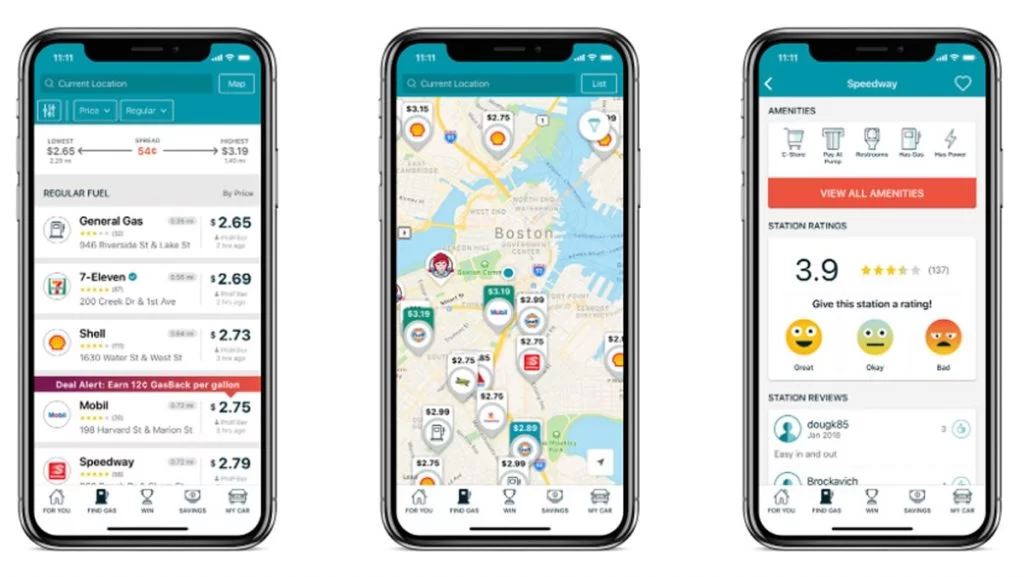Tips for Finding Cheap Hotels in European Cities
- 1. Choose the Right Destination
- 2. Book in Advance for Best Deals
- 3. Use Hotel Comparison Sites
- 4. Consider Alternatives to Hotels
- 5. Avoid Peak Seasons
- 6. Leverage Local Experiences
1. Choose the Right Destination
When searching for cheap hotels in European cities, one of the first things to consider is the destination itself. While places like Paris, London, and Rome are popular among tourists, they can also be expensive. Instead, opt for less touristy destinations such as Budapest, Porto, or Krakow. These cities offer beautiful architecture, rich history, and vibrant local culture, but with much more affordable accommodation options.
For example, in Budapest, you can find charming hotels and guesthouses for a fraction of the price you’d pay in Paris, while still enjoying similar attractions and a lively atmosphere.
2. Book in Advance for Best Deals
Timing is everything when it comes to finding affordable hotels in Europe. Booking your accommodation well in advance can save you a significant amount of money. Many hotels offer early bird discounts, especially if you’re planning to visit during off-peak months.
Take the example of a trip to Prague. If you book three months ahead, you can secure a double room in a central hotel for as low as $50 a night. Waiting until the last minute may result in higher prices or fewer available options, especially during busy periods.
3. Use Hotel Comparison Sites
Using hotel comparison websites like Booking.com, Kayak, or Trivago is one of the best ways to compare prices across multiple platforms. These sites aggregate listings from a wide range of hotels, allowing you to easily compare prices, amenities, and reviews in one place.
For example, if you’re traveling to Barcelona, using these platforms can help you find discounts, special offers, and hidden gems that you may have missed otherwise. Some websites even offer price alerts, so you’ll be notified when your desired hotel drops in price.
4. Consider Alternatives to Hotels
If you’re looking for even cheaper options, consider alternatives to traditional hotels. Platforms like Airbnb, Hostelworld, and Couchsurfing offer a variety of budget-friendly lodging options, from private rooms to entire apartments or even free stays with locals.
For instance, a private room in a shared apartment in Berlin might cost only $30 per night, while hotels in the same area can start at $70. These alternatives can not only save you money but also provide a more authentic, local experience.
5. Avoid Peak Seasons
Europe’s peak tourist seasons, typically in summer (June to August) and around Christmas and New Year, can drive hotel prices up considerably. If your travel dates are flexible, plan your trip during the shoulder seasons—spring (April to early June) or fall (September to October)—when the weather is still pleasant but hotel prices are much lower.
For example, a trip to Amsterdam in early May will allow you to enjoy the beautiful tulips in bloom, but without the crowds or sky-high hotel rates that peak season brings.
6. Leverage Local Experiences
Many cities in Europe offer a unique approach to accommodation that combines the affordability of staying with locals with the charm of boutique-style hotels. Websites like Rob Travel [https://robtravel.com] help you connect with local hosts who provide cozy stays and insider knowledge about the city, all while offering budget-friendly options.
Imagine staying with a local artist in Lisbon’s Alfama district, where you can experience the culture up close, enjoy personalized tips on the best eateries, and still save money compared to a traditional hotel stay. It’s not just about where you sleep—it’s about experiencing the destination from a local perspective.






